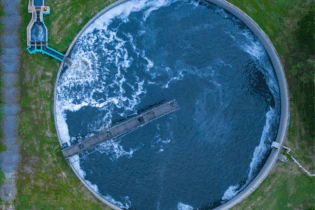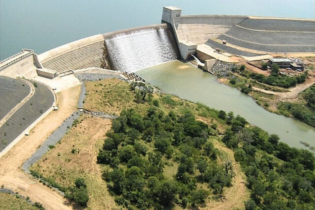The United Nations launched a report which asserts that reducing the impacts of climate change will require major shifts in the way water resources are used.
The flagship report was launched on World Water Day. World Water Day, held on 22 March every year, focuses on the importance of freshwater. World Water Day celebrates doesn’t only celebrate water but raises awareness of the 2.2 billion people living without access to safe water. The new global report calls for more concrete efforts to address the rising water stress and improve the efficiency of water use in agriculture and industry. Concrete efforts to address water stress It outlines actions in three areas: first, enabling people to adapt to the impacts of climate change; second, improving the resilience of livelihoods; and, third, reducing the drivers of climate change. According to the UN, climate-resilient water supply and sanitation could save the lives of more than 360,000 infants every year. The 2020 UN World Water Development Report, compiled by the UN Educational, Scientific and Cultural Organization (UNESCO), in collaboration with UN-Water, provides decision-makers with knowledge and tools to develop sustainable water policies and also calls for scaling up investment.“The word ‘water’ rarely appears in international climate agreements, even though it plays a key role in issues such as food security, energy production, economic development and poverty reduction,” said UNESCO Director-General, Audrey Azoulay.
“This potential of water must be explored, given that our actions to reduce global warming are currently lagging behind our ambitions, despite wide adherence to the Paris Agreement…the report shows that water does not need to be a problem – it can be part of the solution. Water can support efforts to both mitigate and adapt to climate change.” Lack of Water Infrastructure Funding The report, published on Sunday, also pointed to the lack of water infrastructure funding around the world. Richard Connor, editor-in-chief of the report, told the Observer that water was often overlooked for spending and investment because the economic benefits of better water and sanitation were not emphasised. However, the global coronavirus pandemic has helped to shed new light on those mistakes. “One of the reasons underlying the investment gap in water and sanitation is that these services are perceived mainly as a social – and in some cases environmental – issue, rather than an economic one, like energy,” he said. “Yet the economic costs of an outbreak [such as Covid-19] are enormous, both in terms of national economies and stock markets, as well as in terms of household revenue – when people cannot work because of sickness or lockdowns. Realising the economic importance of water and sanitation should provide an additional catalyst for greater investment.”






